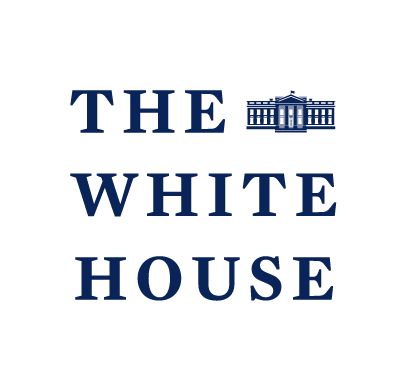121 reads
NSF's Role in Aeronautics Research and Workforce Development
by
December 15th, 2023
Audio Presented by

The White House is the official residence and workplace of the president of the United States.
About Author
The White House is the official residence and workplace of the president of the United States.
